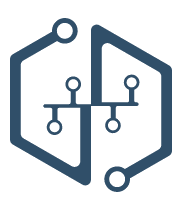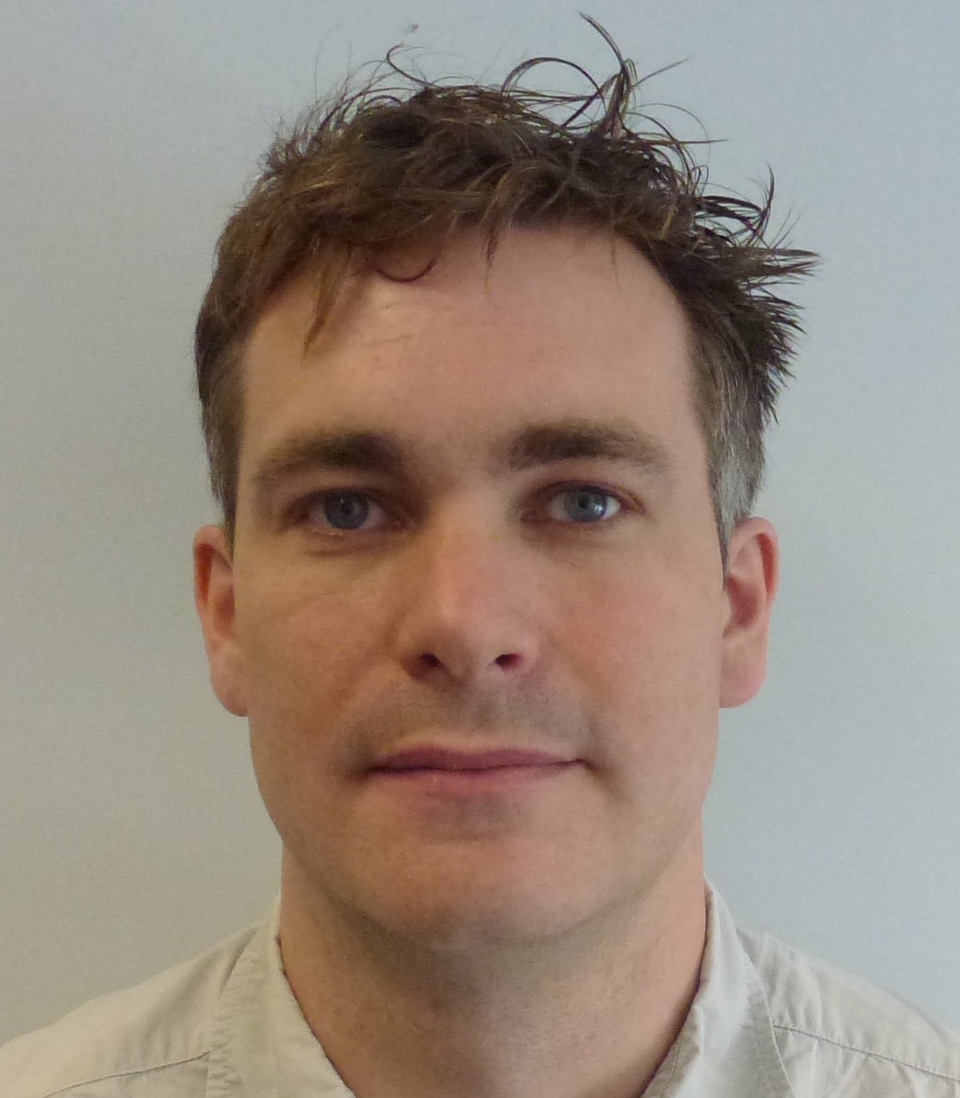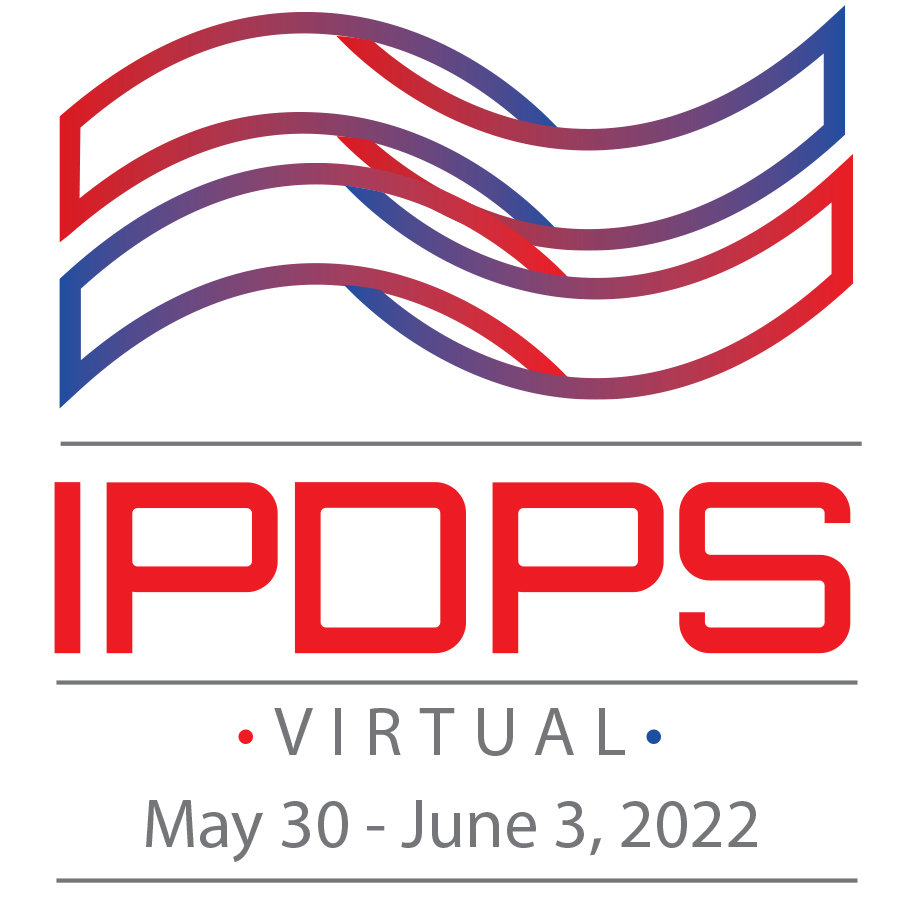COMPSYS '22

First Workshop on Composable Systems (COMPSYS ‘22)
Keynote Information

Composability at the Boundary Between HPC and Cloud
Paul Carpenter
Disaggregated memory is a topic of active development, as a way to allow flexible and fine-grained allocation of memory capacity, mitigating the mismatch between fixed per-node resource provisioning and varying application requirements. This talk addresses the development and at-scale evaluation of HPC job scheduling policies for disaggregated memory, advocating for a simulation approach together with a model of the slowdown due to resource contention. A key parameter that is generally expected to be provided by the users at job submission time is the job’s peak memory capacity demand. The memory demands of HPC jobs vary dramatically, due to differing application behaviour and strong scaling. It is therefore unrealistic to expect this number to be precise, especially for small jobs. We discuss the incentives to provide an accurate estimate and show that there is a strong risk of tragedy of the commons. We conclude with ways to mitigate this problem.
Bio
Paul Carpenter is Senior Researcher and Ramon y Cajal fellow at Barcelona Supercomputing Center (BSC), where he is Principal Investigator for the EuroEXA and ExaNoDe projects. He graduated in BA Mathematics (1997) and Diploma in Computer Science (1998) from the University of Cambridge, and received his PhD in computer architecture from the Technical University of Catalonia in 2011. Prior to starting his PhD, he was Senior Software Engineer at ARM in Cambridge, UK, where he was technical lead for audio/video codec development. As independent consultant to ARM he was part of the small team that designed the ARM Advanced SIMD (NEON) vector ISA. He is Software Technical Manager for EuroEXA, co-chair of ETP4HPC’s Working Group on Programming Environment and was co-editor of the EuroLab-4-HPC Long-Term Vision on High-Performance Computing. His primary research interests are resource management, performance-portable parallel programming models and runtime systems.
